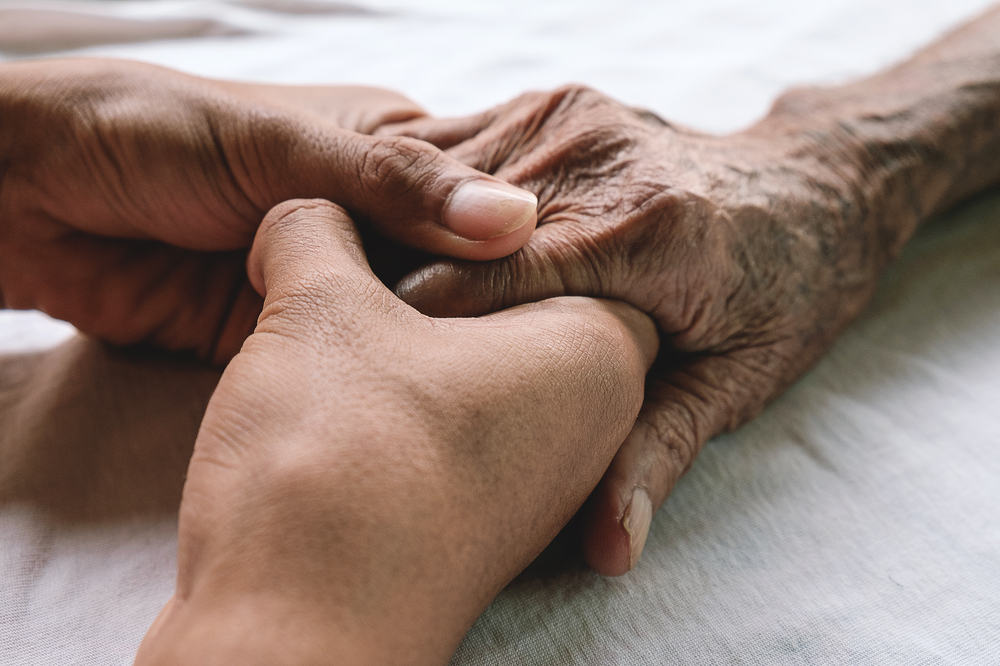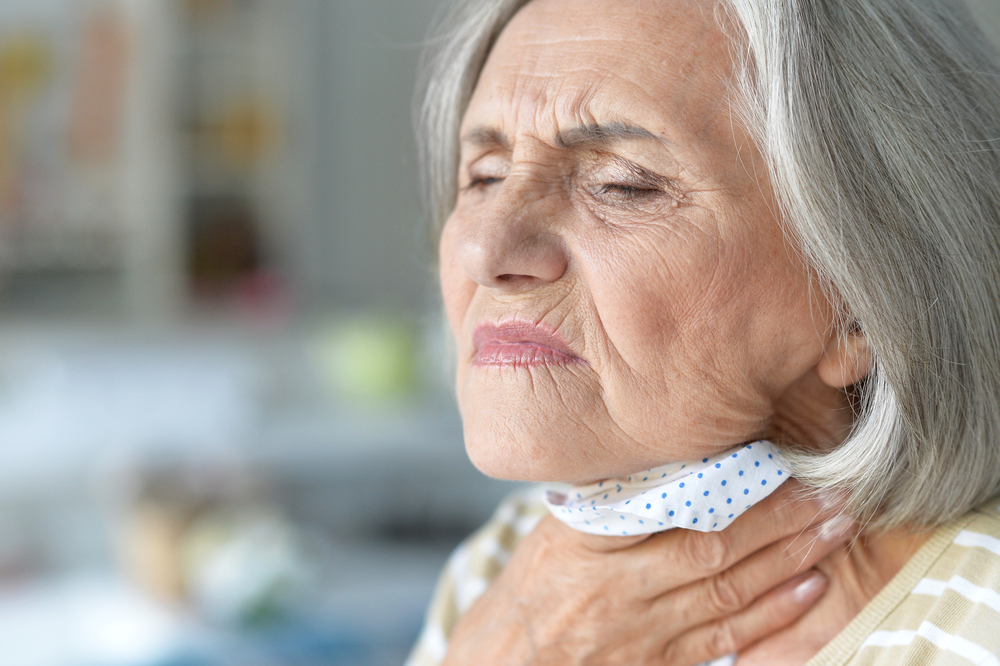What Causes Excessive Drooling in the Elderly?
Category:

Excessive drooling in elderly people is not only an embarrassment, but it can also be a sign of an underlying health concern. Drooling in seniors is not an inevitable part of the aging process. The build-up of excessive saliva or the inability to control it should be evaluated by your healthcare professional.
Your physician can help you understand what causes drooling from the mouth in the elderly. You can discuss possible medical interventions or treatment plans to help you resolve the problem.
There may be a simple solution for your problem, such as changing your sleep position. You may have a sinus infection. When your nasal passages are clogged, you breathe through your mouth, which can cause excess saliva to build up.
Certain medications cause excessive drooling in senior adults. Antipsychotic drugs can be a culprit Some antibiotics have been known to cause excessive saliva build-up. If you or your loved one is taking one of the drugs to treat Alzheimer’s Disease, excessive drooling may be a side effect.
Do you have a cavity or dental infection? How about acid reflux, strep throat, or tonsillitis? Any of those treatable medical infections can impair swallowing and lead to excessive drooling.
Check with your physician to rule out an infection as the cause of your drooling, especially if the onset was sudden.
Download a Free Guide to Home Care
How about your diet? Consumption of certain acidic fruits and vegetables or even that glass of wine with dinner can lead to an overproduction of saliva in some people.
In many cases, the drooling will subside with the diagnosis and treatment of the underlying condition.
Drooling in the elderly person is not always that simple. There are serious neurological disorders that often lead to an inability to control the muscles in the face and mouth.
Cerebral Palsy, Parkinson’s Disease, Amyotrophic Lateral Sclerosis (ALS), and Bell’s Palsy are conditions that cause a weakness in the muscles of the mouth. A stroke also affects the muscles in the face.
The weakness caused by these conditions affects the ability to close the mouth or swallow. Subsequently, excessive drooling occurs. The inability to control the flow of saliva can lead to coughing, aspiration pneumonia, or a choking sensation.
The treatment for excessive drooling varies, depending on the reason for the condition.
In some cases, the physician will recommend speech or occupational therapy. Speech therapy can help with muscle control and improve the ability to close the mouth to prevent saliva from dripping.
Your health care professional may prescribe a medication that is designed to help reduce the production of saliva.
If you are experiencing a problem with drooling, whether it is excessive or not, you should make an appointment to determine the cause. Sometimes drooling is an early symptom of one of the neurological disorders mentioned above.
Early detection of serious neurological disorders will assure you get the treatment and medical intervention you need.
As we age, it is important to pay attention to the signs our bodies give us. Any unusual or bothersome warning sign should be evaluated by your doctor.
Aging is not a disease. Make sure you choose a healthcare professional who will partner with you and help you live your best life, no matter how old you are.
Report your symptoms, voice your concerns, and get the treatment you need to thrive and enjoy life!
Subscribe
Date: September 10, 2020
Category:


